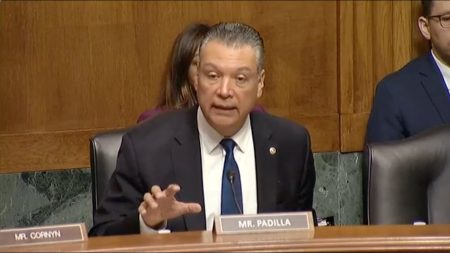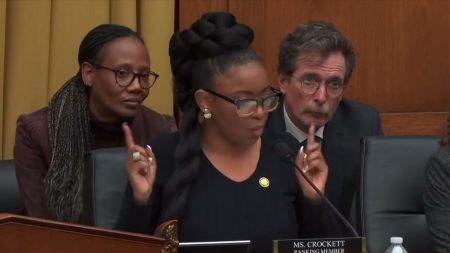Water System Merger Hurts All
by David G. Nutter
In this time of fiscal crisis, the takeover of the Asheville water system proposed by the state and MSD will do no one any good. No government and no business or family will gain any benefit from it.
It is a taking, the equivalent of a condemnation, and one that violates our system of government. Since the Magna Carta and the Constitution, and even before, government responsibilities have always been shared between state and local governments, whether counties or municipalities. The roles played by state and local governments have always been mutually respected.
It is acknowledged that Asheville has been an excellent manager of the water system. For the city, the appropriation of the system would create a structural deficit in the city budget that will not be possible to fill except by raising the property tax.
MSD, presumably in agreement with state representatives, has proposed a level of compensation of $57 million over a 10-year period. Again, there is widespread agreement that this figure is far less than the true value of the system.
Apart from the gap between true value and proposed compensation, the method proposed for the compensation creates problems for all involved. This is because there is only one source of funds involved. The only way to pay for any compensation is to raise the water rates paid by the businesses and residents who use the water. There are no other funds that could be used.
City ratepayers would have to pay higher water rates for the compensation of their own city for losing the system, and since the compensation would only be partial at any rate, they would also have to pay higher real estate taxes to fill the budget gap.
Out-of-city Buncombe County water ratepayers would also have to pay higher water rates for the proffered compensation to the city.
If Henderson County is added in, the same applies to those users. Their water rates would have to be raised to pay the compensation to the city.
And all of those paying the higher water rates would receive no water-system benefits whatsoever for their extra payments. The money would simply be used for the extra expense of compensating the city. Not a penny of it would be used to improve water quality or the efficiency of the water system.
And for the local governments of the state in general, this aggressive takeover of local resources and powers will probably usher in more of the same for others.
Finally, for the entire citizenry of North Carolina, whether in incorporated or unincorporated areas, the outcome would be disrupting local government to a dangerous and unprecedented extent. Local governments play indispensable roles in providing social services, police and fire protection, and infrastructure for jobs and economic development.
I hope there will be a more rational approach in the best interests of water ratepayers and their valued local governments. I hope the state will think this through before committing a serious mistake.








